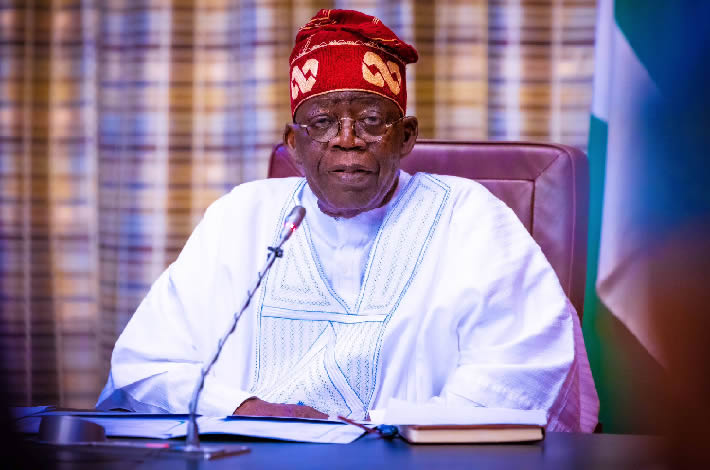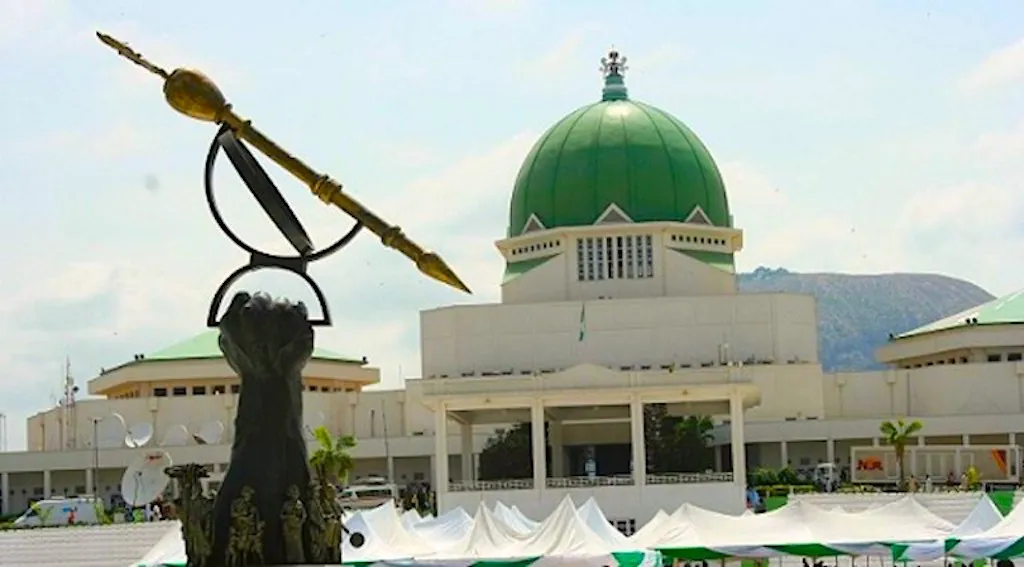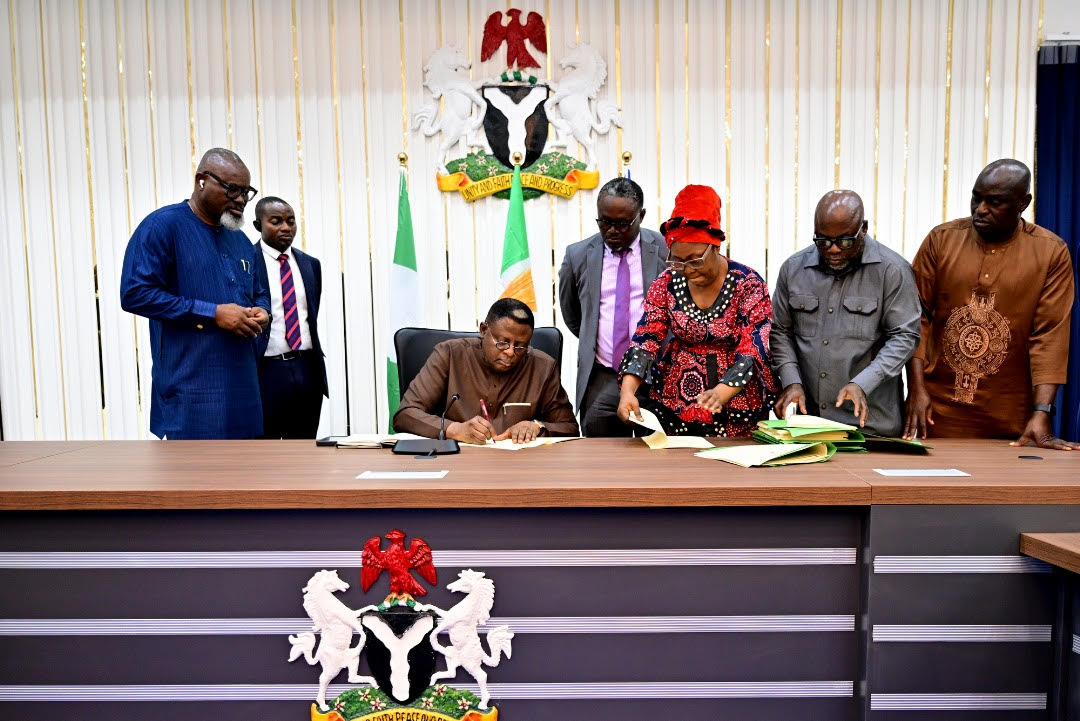Niger Delta Security Chief Tompolo Declares: “Only President Tinubu Possesses Capacity to Revive Nigeria”
Government Ekpemupolo, widely known as Tompolo, a prominent figure from Nigeria’s oil-rich Niger Delta region and the leader of Tantita Security Services – a firm engaged by the Nigerian government for pipeline surveillance – has made a significant political assertion, declaring that President Bola Ahmed Tinubu is the sole individual capable of steering Nigeria towards national revival.
The declaration, emanating from a figure with considerable influence in a region crucial to Nigeria’s economic lifeline, underscores the complex interplay between security, politics, and economic aspirations in the country. Tompolo’s statement positions President Tinubu as the indispensable leader required to navigate the multifaceted challenges currently confronting the nation, ranging from economic headwinds to persistent security threats across various regions.
Tompolo, who has played a significant role in efforts to curtail crude oil theft in the Niger Delta, a criminal enterprise that has long plagued Nigeria’s economy, reportedly made these remarks during a recent engagement, emphasizing his belief in President Tinubu’s unique qualifications and resolve to tackle the nation’s intricate problems. His endorsement carries weight not only due to his historical profile as a former militant leader who accepted amnesty but also because of his current contractual role in safeguarding critical national assets.
Nigeria is presently grappling with a myriad of challenges that have placed significant strain on its economy and social fabric. High inflation rates have eroded purchasing power, exacerbated by the removal of the fuel subsidy which, while intended to free up funds for development, led to increased transportation and commodity costs. The Naira has also faced considerable volatility against major international currencies, impacting trade and investment. Furthermore, security remains a critical concern, with insurgency in the Northeast, banditry and kidnapping in the Northwest and parts of the North Central, communal clashes, and persistent issues of oil theft and illegal refining in the Niger Delta.
It is against this backdrop of national complexity that Tompolo’s statement emerges. His assertion is not merely a political endorsement but, arguably, a reflection of a perspective seeking a leader capable of implementing robust and effective solutions to long-standing issues. For a figure deeply involved in addressing one of Nigeria’s most crippling economic crimes – oil theft, which deprives the nation of billions of dollars annually – the focus on leadership capacity and political will takes on added significance.
Tompolo’s involvement in pipeline surveillance through Tantita Security Services has been a subject of national discussion, with debates surrounding the efficacy and appropriateness of utilizing non-state actors for security functions. However, the partnership has been credited in some quarters with contributing to an increase in oil production by curbing theft. His proximity to the ground-zero issues of the nation’s primary economic sector arguably lends him a unique perspective on the challenges and the kind of leadership required to address them.
In conveying his conviction, Tompolo is reported to have pointed to qualities he perceives in President Tinubu that distinguish him as the leader for this critical juncture. While the specifics detailed in the report may vary, such endorsements often highlight perceived attributes like courage to make difficult decisions, political sagacity, a deep understanding of Nigeria’s diverse complexities, and a clear vision for the future.
The context of Tompolo’s remarks is crucial. Senior government officials, including those involved in the oil and gas sector and national security, have on various occasions acknowledged the scale of the challenges facing Nigeria. The Tinubu administration, since assuming office in May 2023, has launched several reform initiatives aimed at stabilizing the economy, attracting investment, and tackling insecurity. These include monetary policy adjustments, fiscal reforms, and renewed efforts in military and security operations.
From Tompolo’s viewpoint, which likely stems from his direct engagement with national security issues through his surveillance contract, these efforts, coupled with President Tinubu’s leadership style and policy direction, represent the most viable path towards reversing national decline. His statement goes beyond a simple show of support, framing the President’s leadership as singularly essential for the task of ‘revival’.
The term “revive Nigeria” itself speaks to a perception that the nation is currently in a state requiring significant resuscitation. This sentiment is widely shared among citizens who face daily struggles with the cost of living, unemployment, and insecurity. Therefore, the call for revival resonates deeply, making the question of who is best equipped to lead this process a central theme in national discourse.
Tompolo’s historical trajectory adds another layer to his current pronouncements. As a former leader of the Movement for the Emancipation of the Niger Delta (MEND), he was a key figure during a period of significant unrest in the region. His eventual acceptance of the government’s amnesty program and subsequent transition into a security contractor marks a notable evolution. This background means his words are listened to, particularly in the Niger Delta, but also viewed through the lens of his past and present engagements.
His assertion that “only Tinubu” can achieve this revival is a strong statement of exclusivity, suggesting perhaps that other potential leaders or approaches lack the necessary credentials or capacity in his estimation. This level of conviction from a non-political figure, albeit one with significant influence and ties, is noteworthy and contributes to the ongoing national conversation about leadership effectiveness and the path forward for Nigeria.
Providing a direct quote from the source article helps to capture the essence of Tompolo’s assertion. According to the report:
“Looking at the state of the nation,” the security expert reportedly stated, “and the complex challenges we face, from the economy to security, I firmly believe that only President Bola Ahmed Tinubu, with his unique background, courage, and vision, possesses the necessary capacity and political will to navigate these turbulent waters and truly revive Nigeria for the benefit of all citizens.”
This statement encapsulates his core message, highlighting both the challenges (“state of the nation,” “complex challenges,” “turbulent waters”) and the attributes he assigns to President Tinubu (“unique background,” “courage,” “vision,” “capacity,” “political will”) as the solution.
The implications of such an endorsement from a figure like Tompolo are varied. It could strengthen the perception of the Tinubu administration’s commitment to addressing security challenges, particularly in the Niger Delta. It might also be interpreted as a strategic alignment, given Tompolo’s contractual relationship with the federal government. Conversely, some critics might view it through a political lens, questioning the objectivity of an individual whose organization benefits from a government contract.
Regardless of the interpretations, Tompolo’s public declaration serves to highlight the immense task ahead for the current administration and the diverse expectations placed upon President Tinubu. It brings the crucial issues of national recovery, economic stability, and security to the forefront, framed by the perspective of an individual intimately involved in one facet of these national challenges.
The path to “reviving” Nigeria is undoubtedly steep, requiring sustained effort, difficult policy choices, and broad-based support. Tompolo’s statement acts as a significant, albeit partial, voice in the ongoing national dialogue about who is best positioned to lead this monumental undertaking and the qualities required for success. His focus on President Tinubu’s capacity reflects a specific viewpoint shaped by his context and involvement in the nation’s security landscape. The coming months and years will ultimately reveal the extent to which the administration’s actions align with the potential for national revival envisioned by figures like Tompolo.




